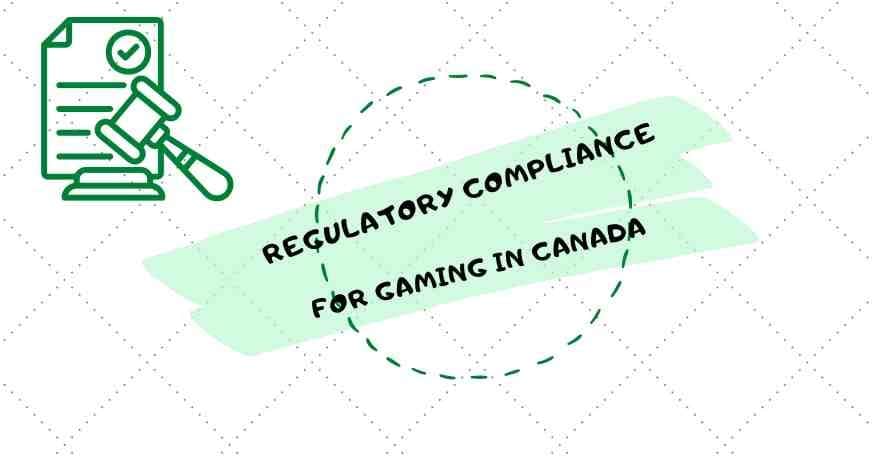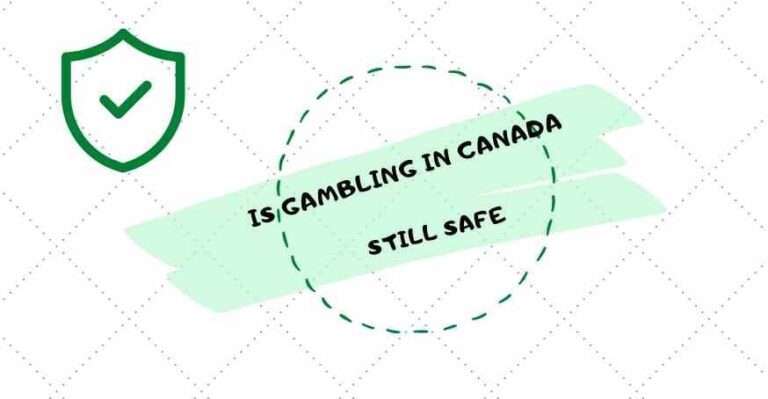In countries like Canada, where provincial regulations govern the legality of digital betting platforms, ensuring regulatory compliance is paramount. Geolocation technology is central to maintaining this compliance—a sophisticated digital tool that confirms users’ physical locations, guaranteeing that they are gambling legally within the jurisdictional boundaries set by Canadian law.

Geolocation technology accurately determines a user’s location using a combination of methods, such as IP address checks, Wi-Fi signal triangulation, and GPS data. It is essential to meet legal requirements, protect consumers, and maintain the integrity of gambling operations. It ensures that each user’s activity aligns with the diverse and specific regulatory frameworks that vary from one province to another, such as the differing gambling laws between Ontario and British Columbia.
Technology Mechanisms and Regulatory Measures
Advanced geolocation technology in Canada’s online gambling industry is essential for maintaining regulatory compliance. The combination of GPS, Wi-Fi triangulation, and IP address analysis allows for a precise understanding of a user’s location, which helps enforce provincial gambling laws. It is crucial in a country where each province has its regulations regarding online gambling, with organizations like the Ontario Lottery and Gaming Corporation (OLG) emphasizing the need for strict adherence.
These technologies help operators comply with regulations and assist regulatory bodies in keeping track of the industry’s activities. Ensuring that online casinos conduct precise geolocation checks minimizes the risk of unauthorized access and safeguards the industry from potential threats like fraud and illegal operations. Such strict measures also ensure that tax revenues from online gambling are appropriately allocated, benefitting the respective provinces.
Implementing such technology presents significant challenges, primarily due to the need to counteract users’ attempts to mask their actual location. Many users may employ VPNs or proxy servers to bypass regional restrictions, but geolocation tools are becoming increasingly sophisticated at detecting these attempts.
The Role of Geolocation in Player Protection
Geolocation technology’s protective capabilities extend beyond regulatory compliance, which is crucial in safeguarding players in the online gambling ecosystem. Determining user location with high precision ensures that individuals can only access gambling platforms authorized within their specific jurisdiction. This prevents players from inadvertently or deliberately gambling on illegal sites that might exploit them or operate with unfair gaming practices.
For instance, when players search for a deposit bonus Canada offers, geolocation technology ensures they only access promotions from legal and regulated sites within Canada, thereby protecting them from fraudulent or non-compliant platforms.
One of the key ways geolocation technology offers protection is by ensuring that vulnerable players are shielded from unscrupulous operators. The high accuracy of location data allows gambling sites to prevent access from regions where online gambling is restricted, thereby reducing the exposure of individuals to risky platforms. This is especially important for players who may not be fully aware of the legal status of the sites they visit.
Furthermore, geolocation technology enhances the overall security framework of online gambling platforms. Accurately verifying a user’s location helps prevent identity theft and unauthorized transactions. Many online gambling platforms have integrated this technology into their systems to verify that the player registering or making transactions is in the approved geographic region.
The Impact of Evolving Technologies on Regulation
Artificial intelligence and machine learning, for instance, have started to predict user behavior patterns, further bolstering compliance. It allows regulatory bodies to proactively identify potential issues rather than merely reacting to breaches. Such advancements promise to create a more transparent and accountable online gambling industry.
Conclusion
Geolocation technology is at the forefront of ensuring regulatory compliance in Canada’s online gambling industry. Its ability to precisely determine user locations enables operators to adhere to the diverse legal frameworks across the country, providing a safe and regulated environment.
While challenges around privacy and accuracy persist, advancements in technology promise a future where compliance is even more integrated into the fabric of online gambling. The role of geolocation will continue to be indispensable for regulatory adherence and maintaining the integrity and security of the online gambling ecosystem.



